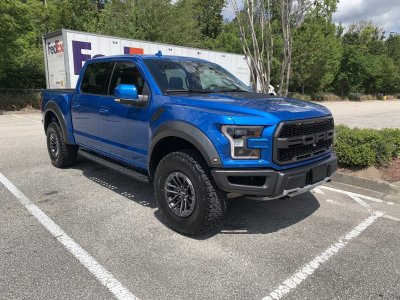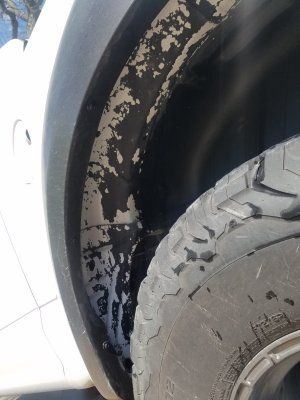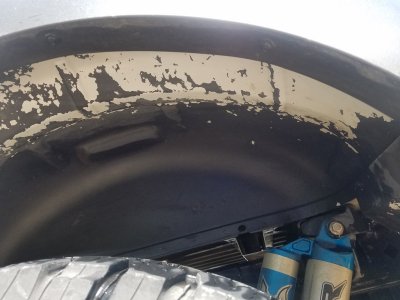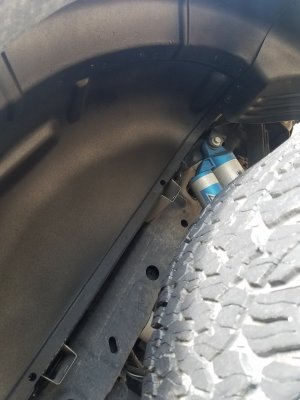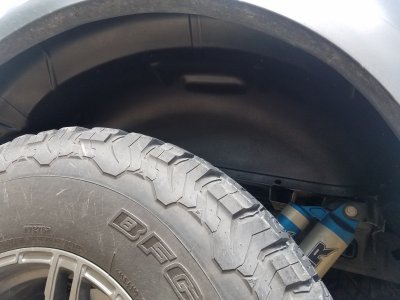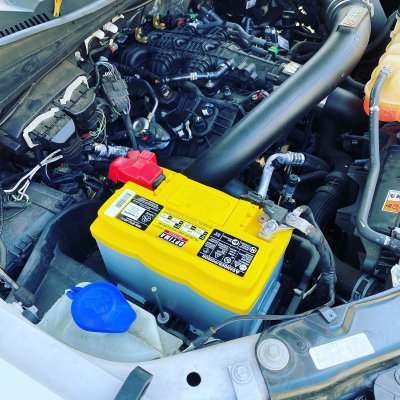Its not a bad thought process, but we have an automatic tranny...can't imagine the flywheel is very heavy to begin with. Any weight savings might be on the order of grams up to perhaps a few pounds. Granted, drive-train weight (including the weight of the tires/wheels) has a higher penalty than weight in other areas--so again, its worth considering.
For those not aware, a manual tranny has a drastically heavier flywheel as it has the thick, heavy surface like that of a brake rotor, only larger. And then there is the flex-plate assembly and clutch friction surface that also add weight. Auto trannies typically run a simple stamped steel fly-wheel that is inherently lighter, but then they also have a big heavy torque converter which introduces a further penalty in the form parasitic drag. A lighter, more optimized torque converter on the other hand might be worth considering. If not re-gearing, a slightly higher stall speed might completely negate the off-the-line power lost to the heavier, larger tire. But a high quality torque converter is not cheap.


